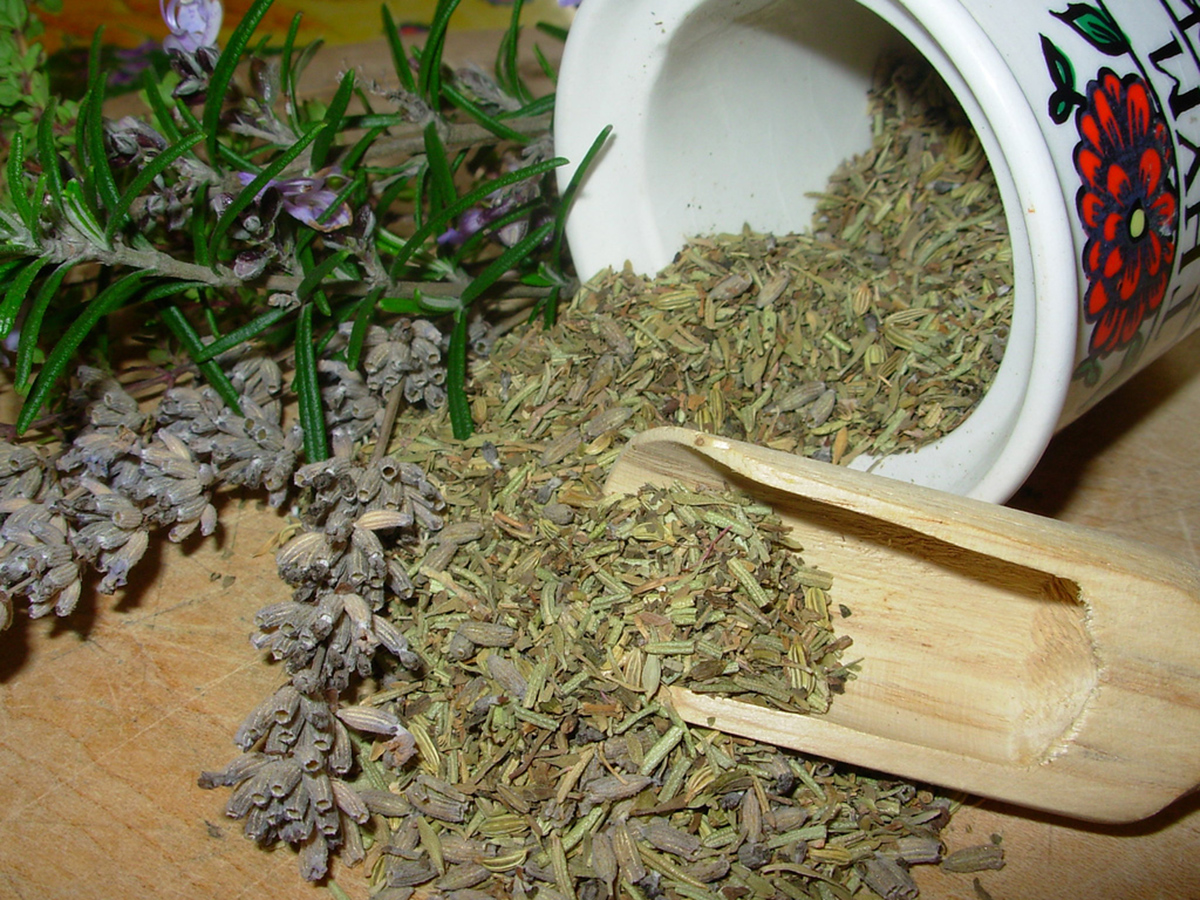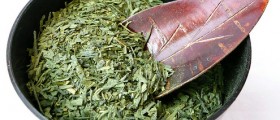Upset Stomach
An upset stomach is a condition that refers to any problems with your stomach. It is a common problem and almost anyone has experienced some symptoms at some point in life. An upset stomach is not dangerous if it is mild and temporary, but chronic and severe cases require proper treatment.
The usual symptoms of an upset stomach include fullness after eating a little food, pain in the abdomen, and a burning sensation in the abdomen. You may also experience nausea, bloating, a sour taste in the mouth, and gas. More serious cases involve loss of appetite, loss of weight, vomiting, cramps in the abdomen, blood in the stool, and jaundice.
An upset stomach can be a consequence of a medical condition such as gastritis, peptic ulcers or gallstones, medications, stress, and smoking. The common causes of an upset stomach are eating food that triggers stomach problems and drinking too much alcohol, coffee, and carbonated drinks.
Homeopathic Remedies
The best homeopathic remedy for an upset stomach is Nux Vomica. It is recommended in case of pain and cramps in the abdomen, which is caused by eating too much and drinking too much alcohol. Another useful remedy is Pulsatilla, which is used for pain and discomfort in the abdomen caused by eating greasy food.
Bryonia is good for easing nausea, pain in the stomach, and bad taste in the mouth. Carbo vegetabilis is recommended in cases of burning pain in the stomach, cramps, and gases.
- Four RCTs (307 participants) were included. Two studies compared clinical homeopathy (homeopathic remedy, asafoetida or asafoetida plus nux vomica) to placebo for IBS with constipation (IBS?C). One study compared individualised homeopathic treatment (consultation plus remedy) to usual care for the treatment of IBS in female patients.
- A meta?analysis of the studies assessing clinical homeopathy, (171 participants with IBS?C) was conducted. At short?term follow?up of two weeks, global improvement in symptoms was experienced by 73% (46/63) of asafoetida participants compared to 45% (30/66) of placebo participants (RR 1.61, 95% CI 1.18 to 2.18; 2 studies, very low certainty evidence). In the other clinical homeopathy study at two weeks, 68% (13/19) of those in the asafoetida plus nux vomica arm and 52% (12/23) of those in the placebo arm experienced a global improvement in symptoms (RR 1.31, 95% CI 0.80 to 2.15; very low certainty evidence). In the study comparing individualised homeopathic treatment to usual care (N = 20), the mean global improvement score (feeling unwell) at 12 weeks was 1.44 + 4.55 (n = 9) in the individualised homeopathic treatment arm compared to 1.41 + 1.97 (n=11) in the usual care arm (MD 0.03; 95% CI ?3.16 to 3.22; very low certainty evidence).
- In the study comparing individualised homeopathic treatment to usual care, the mean IBS symptom severity score at 6 months was 210.44 + 112.4 (n = 16) in the individualised homeopathic treatment arm compared to 237.3 + 110.22 (n = 60) in the usual care arm (MD ?26.86, 95% CI ?88.59 to 34.87; low certainty evidence). The mean quality of life score (EQ?5D) at 6 months in homeopathy participants was 69.07 (SD 17.35) compared to 63.41 (SD 23.31) in usual care participants (MD 5.66, 95% CI ?4.69 to 16.01; low certainty evidence).
- For In the study comparing individualised homeopathic treatment to supportive listening, the mean IBS symptom severity score at 6 months was 210.44 + 112.4 (n = 16) in the individualised homeopathic treatment arm compared to 262 + 120.72 (n = 18) in the supportive listening arm (MD ?51.56, 95% CI ?129.94 to 26.82; very low certainty evidence). The mean quality of life score at 6 months in homeopathy participants was 69.07 (SD 17.35) compared to 63.09 (SD 24.38) in supportive listening participants (MD 5.98, 95% CI ?8.13 to 20.09; very low certainty evidence).
Natural Treatment
Plenty of herbs and herbal teas may help you ease the symptoms of an upset stomach. Fennel seeds are quite useful in calming the stomach. You can chew them or make tea out of them. Other teas which are recommended for an upset stomach include chamomile tea, ginger tea, peppermint tea, and lemon tea.
If you want to improve the taste of your tea, you can sweeten it with some honey. Low-fat yogurt and soy yogurt are good for restoring the flora in your intestines. Apples and bananas are also recommended for easing an upset stomach.
Prevention
In order to prevent an upset stomach, you should avoid eating food that causes you problems. Such food includes greasy food, spicy food, chocolate, and citrus fruits. You should stop smoking and avoid alcohol, coffee, and carbonated beverages. You should eat more frequently, but smaller amounts of food.
Also, try to avoid stressful situations. Regular exercises and keeping a normal weight can prevent problems with the stomach. Make sure you drink plenty of fluids every day and eat healthy food.


















Your thoughts on this
Loading...